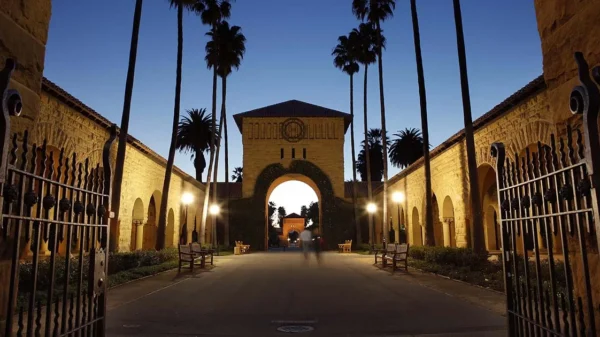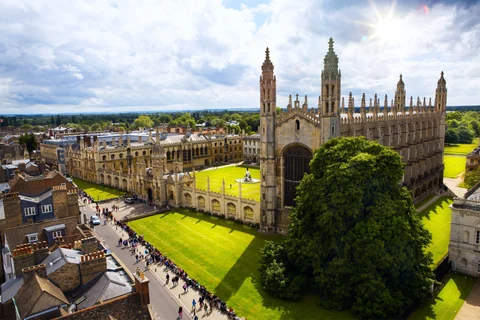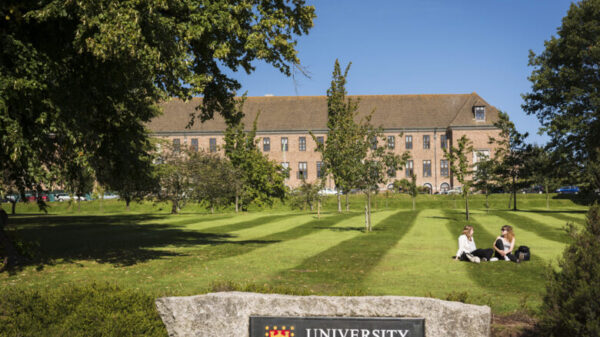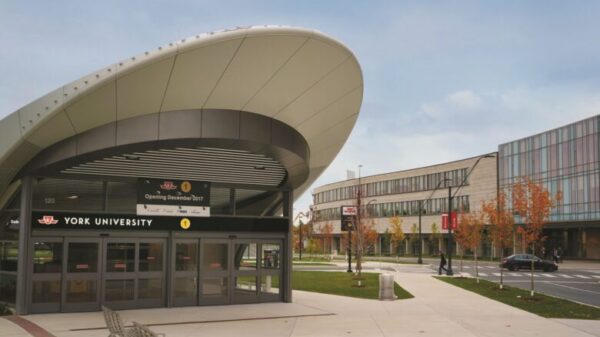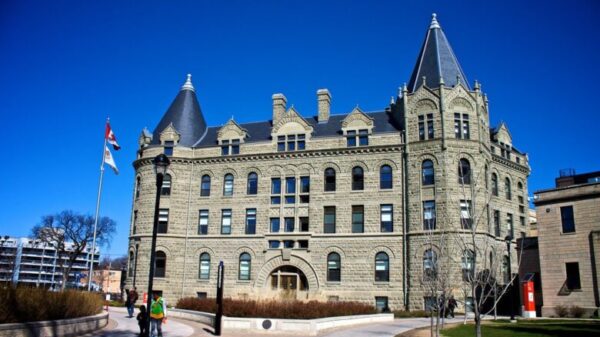[ad_1]
By the time Bristeria Clark went into labor with her son in 2015, her contractions were stable at first. So, they settled down. Her cervix stopped dilating. After a few hours, the doctors at Phoebe Putney Memorial Hospital in Albany, Georgia, prepared Clark for an emergency C-section.
It was not the vaginal birth that Clark had hoped for during her pregnancy.
“I was scared. It was my first child. Like, of course you don’t plan this,” she said. “I just remember the gas hitting my face and I ended up falling asleep.”
She remembered having a rush of relief when she woke up to see that her baby was healthy.
Clark, a 33-year-old nursing student who also works full-time in county government, had another C-section when her second child was born in 2020. This time, the C-section was planned.
Clark said she is grateful that the doctors and nurses who delivered her children were kind and attentive during her labor and delivery. But looking back, she said, she wishes she had had a doula for one-on-one support through pregnancy, childbirth and the postpartum period. Now she wants to give other women the option she didn’t have.
Clark is a member of Morehouse School of Medicine’s first rural doula class Perinatal Patient Navigators.
The program recently graduated a dozen participants, all black women from southwest Georgia. They have completed more than five months of training and are expected to begin working with pregnant and postpartum patients this year.
“We are developing a workforce that will provide the support that black women and people of birth need,” Natalie Hernandez-Greenan associate professor of obstetrics and gynecology at the Morehouse School of Medicine, said at the doula commencement ceremony in Albany, Georgia.
Albany is the second site of Morehouse School of Medicine’s Perinatal Patient Navigator program. The first is in operation in Atlanta since training began in the fall of 2022.
Georgia has one of the highest maternal mortality rates in the country, according to a analysis by KFF, a health information non-profit that includes KFF Health News. And Georgian blacks are more than twice as likely like white Georgians to die of pregnancy-related causes.
“It doesn’t matter if you’re rich or poor. Black women are dying at an alarming rate from pregnancy-related complications,” said Hernandez-Green, who is also executive director Center for Maternal Health Equity at the Morehouse School of Medicine. “And we’re going to change that person all at once.”
The presence of a doula, with regular nursing care, is associated improved labor and delivery resultsreduced stress, and higher rates of patient satisfaction, according to the American College of Obstetricians and Gynecologists.
Multiple studies also link doulas to less expensive party interventionsincluding cesarean birth.
Doulas are not medical professionals. They are trained to offer education about the pregnancy and postpartum periods, to guide patients through the health care system, and to provide emotional and physical support before, during, and after childbirth.
The Morehouse School of Medicine program is among a growing number of similar ones efforts be introduced across the country as more communities seek doulas to help address them maternal mortality and poor maternal health outcomes, particularly for black women and other women of color.
Now that she’s graduated, Clark said she looks forward to helping other women in her community as a doula. “To be that person who would be there for my clients, treat them like a sister or like a mother, in the sense of just treating them with the most respect,” she said. “The ultimate goal is to make them feel comfortable and let them know ‘I’m here to support you.'” Her training inspired her to become a lawyer for maternal health issues in southwest Georgia.
Grants fund the Morehouse School of Medicine’s doula program, which costs $350,000 a year to operate. Graduates receive a $2,000 training stipend and the program places five graduates with health care providers in southwest Georgia. Grant money also pays the doulas’ salaries for a year.
“It’s not sustainable if you’re chasing the next grant,” he said Rachel Hardemana professor of health and racial equity at the University of Minnesota School of Public Hi.
Thirteen states cover doulas through Medicaid, according to the Georgetown University Center for Children and Families.
Hardeman and others found that when Medicaid programs cover doula care, states save millions of dollars in health care costs. “We were able to calculate the return on investment if Medicaid decided to reimburse doulas for pregnant people who are Medicaid beneficiaries,” he said.
This is because doulas can help reduce the number of expensive medical interventions during and after birth, and improve delivery results, including reduced cesarean section.
Doulas can also reduce the chances of premature birth.
“A baby that is born at a very, very early gestational age is going to require a great deal of resources and interventions to ensure that they survive and then continue to thrive,” Hardeman said.
There is a growing demand for doula services in Georgia, she said Fowzio Jamaresearch director for Healthy Moms, Healthy Babies Coalition of Georgia. His group recently completed a pilot study which offered doula services to approximately 170 Georgians covered by Medicaid. “We had a waiting list of over 200 clients and we wanted to give them the support they needed, but we just couldn’t with the resources we had,” Jama said.
Doula services can cost hundreds or thousands of dollars out of pocket, making them too expensive for many people in low-income, rural communities and communities of color, many of whom suffer from maternity care shortages, according to the March of Dimes.
The Healthy Mothers, Healthy Babies study found that matching high-risk patients with doulas—especially doulas of similar racial and ethnic backgrounds—had a positive effect on patients.
“There was a reduced use of pitocin to induce labor. We saw fewer requests for pain medication. And with our babies, only 6% were low birth weight,” said Jama.
Still, she and others recognize that doulas alone cannot solve the problem of high rates of maternal mortality and morbidity.
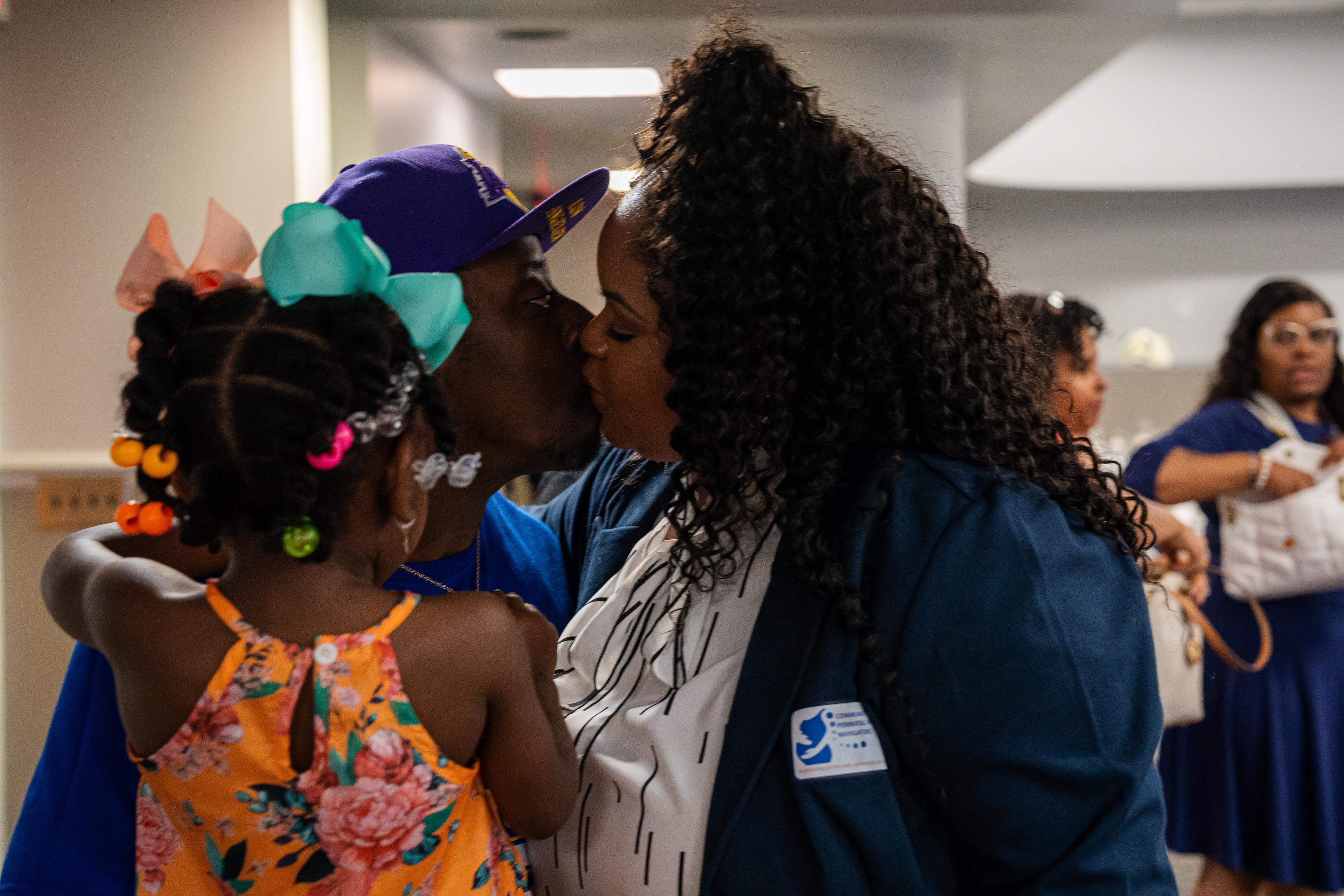
States, including Georgia, must do more to bring comprehensive maternity care to communities that need more options, Hardeman said.
“I think it’s important to understand that doulas are not going to save us, and we shouldn’t put that expectation on them. Doulas are a tool,” she said. “I’m a piece of the puzzle that helps impact a really complex problem.”
Meanwhile, Joan Anderson, 55, said she is excited to get to work supporting patients, especially from rural areas around Albany.
“I feel equipped to go out and be that voice, be that person that our community needs so badly,” said Anderson, a graduate of the Morehouse School of Medicine’s doula program. “I am encouraged to know that I will join that mission, which fights for us, in terms of maternal health.”
Anderson said that one day she wants to open a birthing center to provide maternity care. “We don’t have one here in southwest Georgia,” Anderson said.
In addition to providing support during and after childbirth, Anderson and her fellow graduates are trained to assess their patients’ needs and connect them with services such as food assistance, mental health care, transportation to prenatal appointments and breastfeeding assistance.
His work is likely to have ripple effects in a largely rural corner of Georgia, he said Sherrell Byrd, which he co-founded and directs SOWEGA Risinga nonprofit organization in southwest Georgia.
“So many of the graduates are part of church networks, they’re part of community organizations, some are our government workers. They’re very connected,” Byrd said. “And I think that connection is what will help them be successful going forward.”
This report is part of a fellowship with the Association of Health Journalists supported by the Commonwealth Fund. It comes from a partnership that includes It was, NPRand KFF Health News.
Related topics
Contact Us Submit a Story Tip


